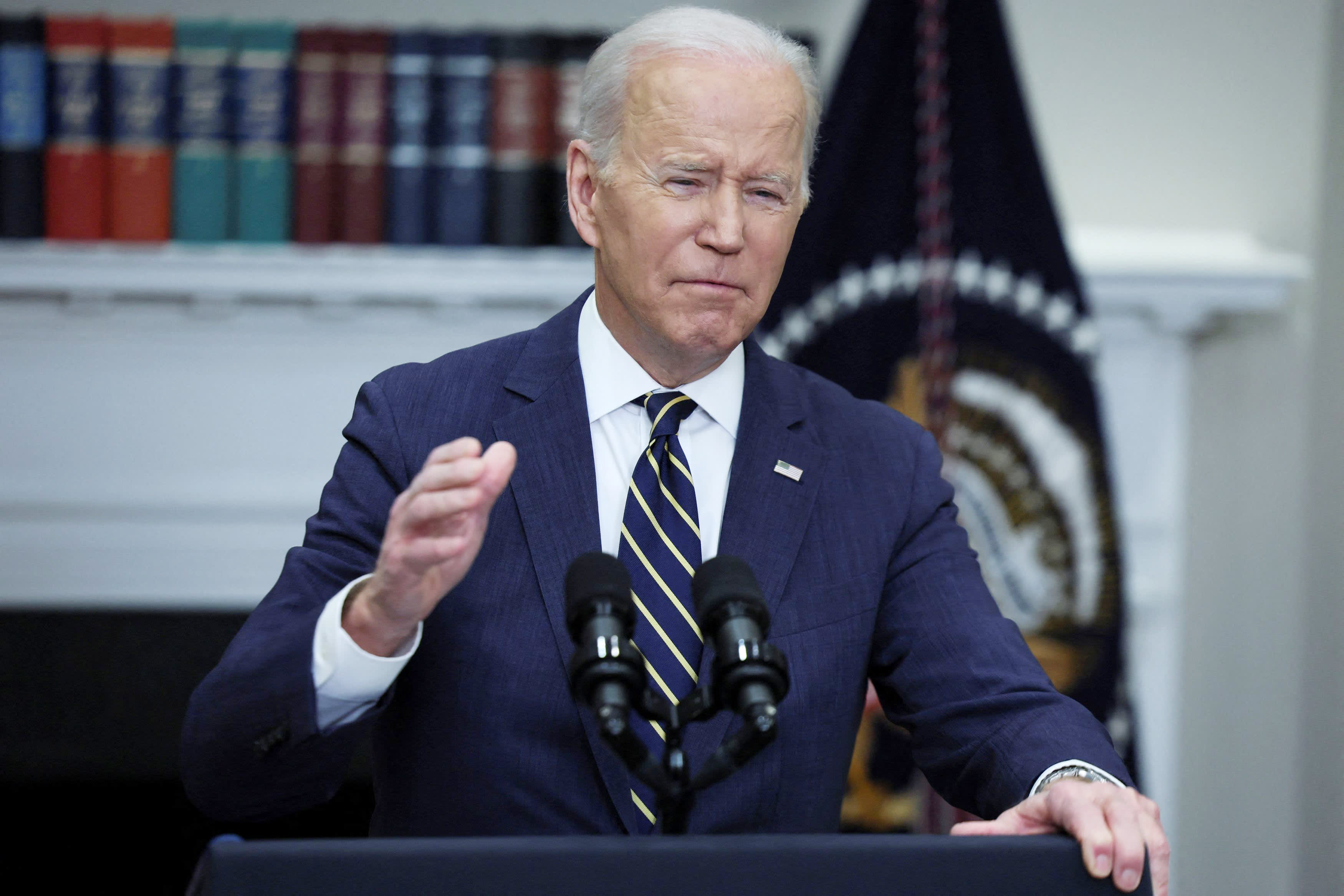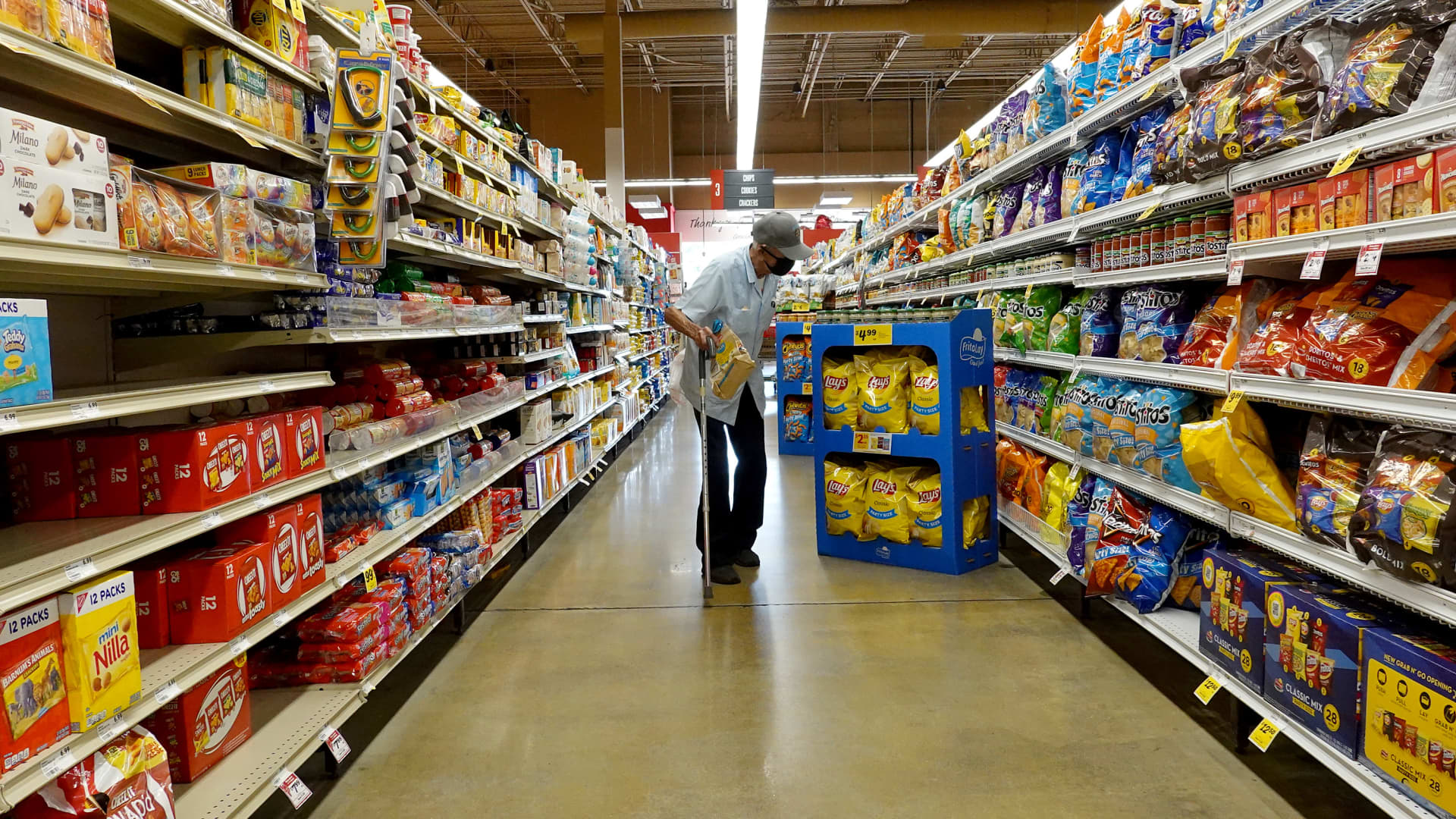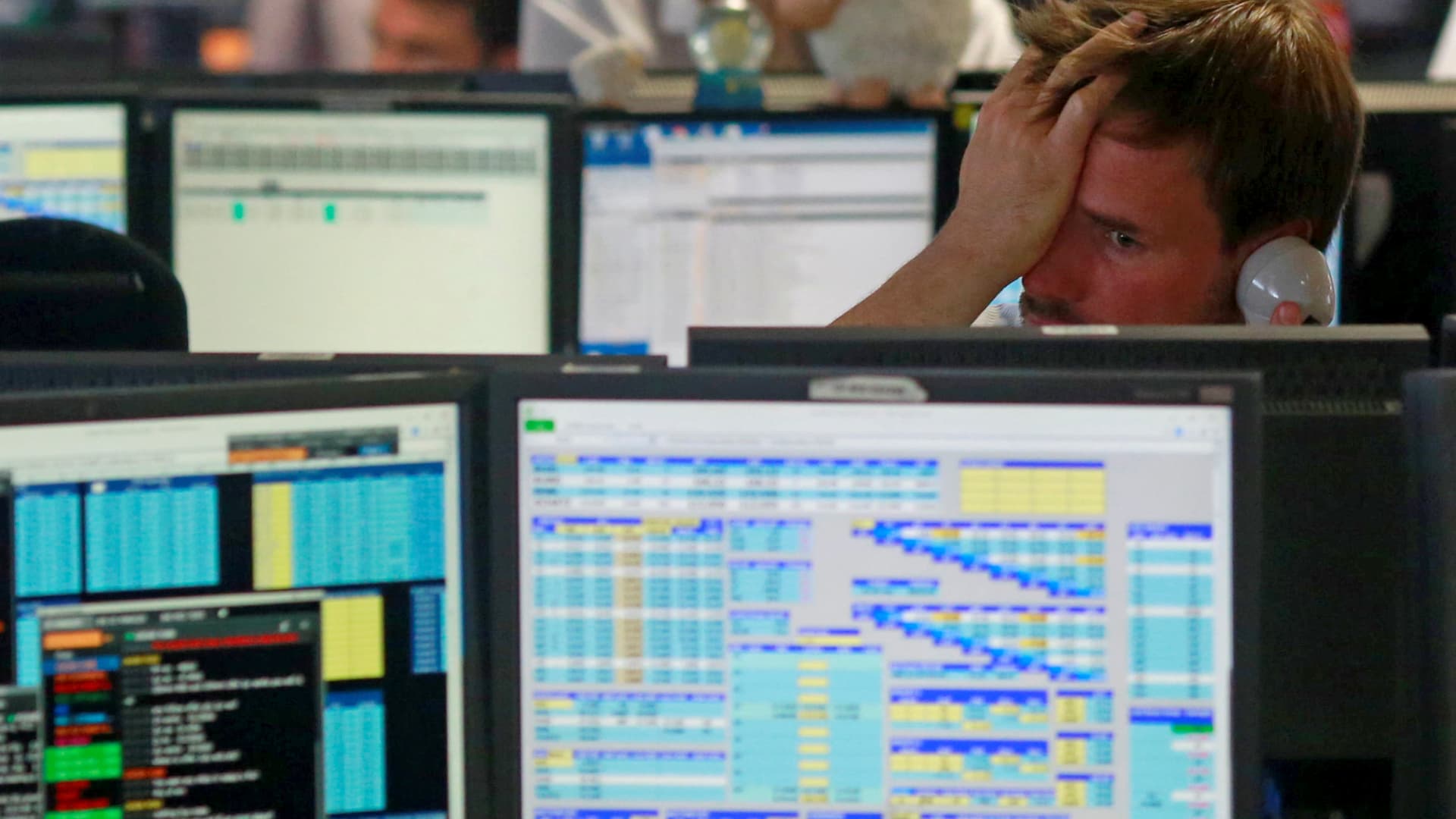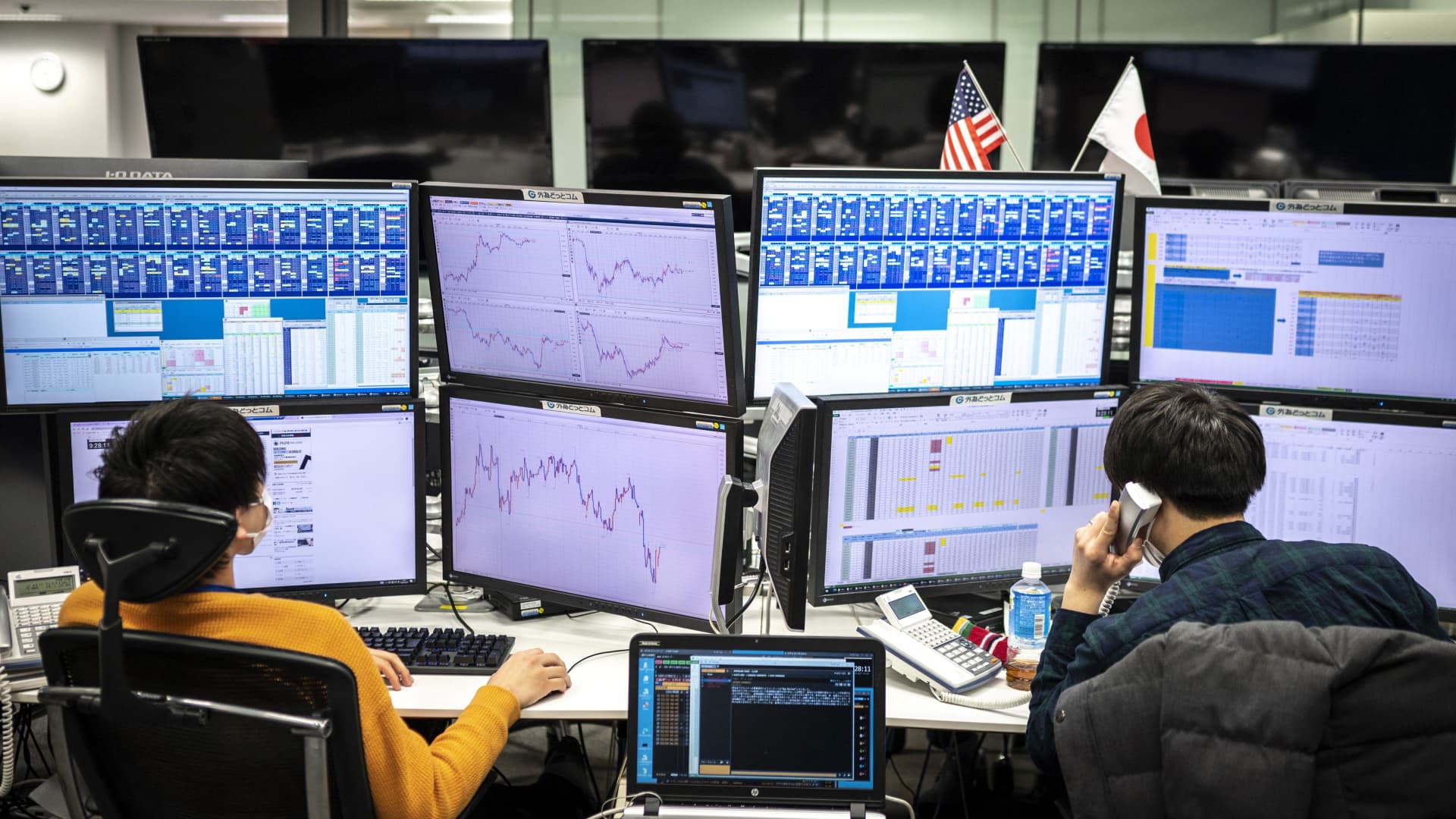Gazprom shares crater after Russian energy giant cancels dividend for first time since 1998
In recent weeks, reduced Russian gas flows to Europe via the Nord Stream 1 pipeline have ratcheted up fears of a possible winter supply shortage.
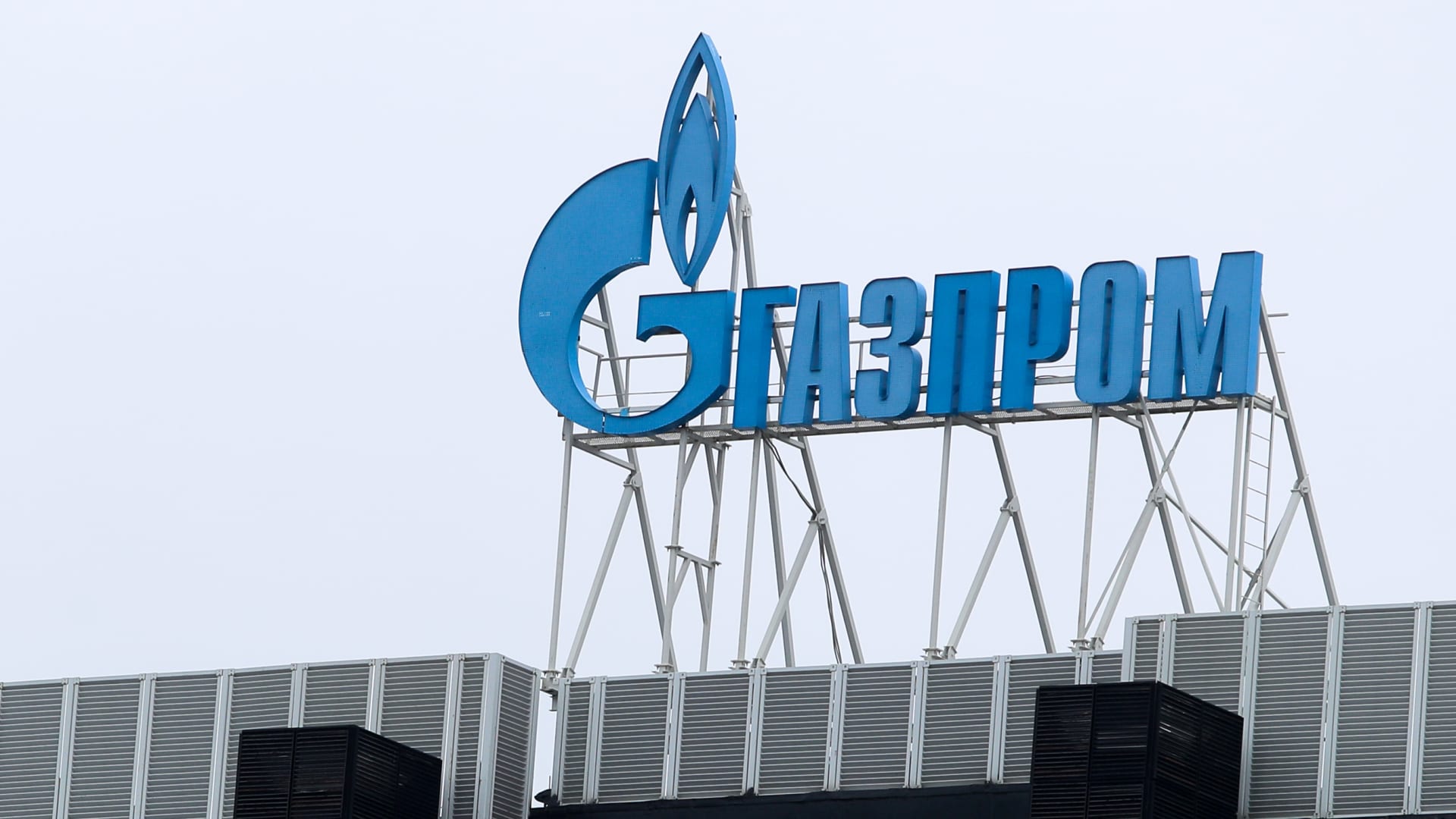
Gazprom reported record earnings in 2021 thanks to soaring commodity prices.
Picture Alliance | Picture Alliance | Getty Images
Russia's energy giant Gazprom on Thursday lost more than a quarter of its market value after the state-owned company decided not to pay out dividends.
"The shareholders have resolved that in the current situation it is not opportune to pay out dividends based on the results of 2021," Famil Sadygov, deputy chairman of Gazprom, said in a statement.
"At the moment, Gazprom prioritizes the implementation of its investment program, including gas infrastructure expansion in the regions of the Russian Federation, and the preparations for the coming winter period. In addition, we undoubtedly must be ready to meet our obligations to pay increased taxes."
The decision, which marks the first time since 1998 that the company has not paid a dividend, reportedly reversed a board recommendation to pay a dividend of 52.53 rubles ($1) per share.
Gazprom's stock price tumbled 27% before Moscow's stock exchange intervened to halt trading.
Gazprom reported record earnings in 2021 thanks to soaring commodity prices, but a barrage of economic sanctions in the wake of Russia's onslaught in Ukraine threatens to cut its revenues.
In recent weeks, reduced Russian gas flows to Europe via the Nord Stream 1 pipeline have ratcheted up fears of a possible winter supply shortage.
German energy company Uniper on Tuesday withdrew its financial outlook for 2022 on Gazprom supply restrictions, while Germany's government recently announced it was moving to the so-called "alert level" of its emergency gas plan.
It means Europe's largest economy now sees a high risk of long-term gas supply shortages.
Policymakers in Europe are currently scrambling to fill underground storage with natural gas supplies to provide households with enough fuel to keep the lights on and homes warm when the cold winter months return.
The EU, which receives roughly 40% of its gas via Russian pipelines, is trying to rapidly reduce its reliance on Russian hydrocarbons in response to the Kremlin's months-long onslaught in Ukraine.

 Konoly
Konoly 








